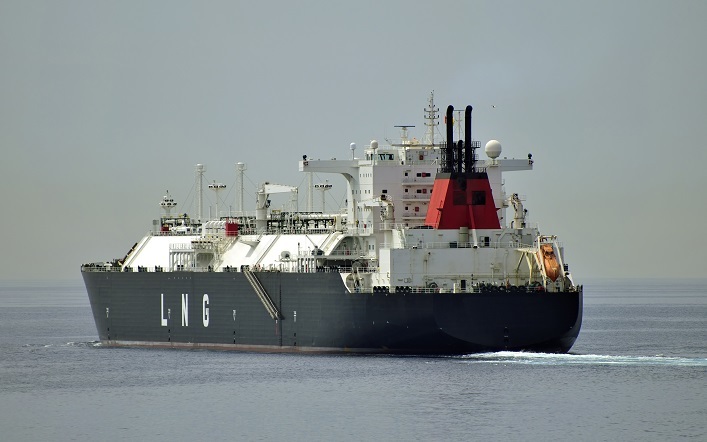In the next package of sanctions against Russia, the EU seeks to ban the use of its ports for the re-export of liquefied natural gas.
As Bloomberg points out, although blocking access will not prevent cargo from reaching Europe, it will make it more difficult for it to be sent to Asian countries. This will likely cause contract problems for European logistics companies, which face billions in losses, and a political backlash from other gas-buying countries (especially China).
Experts say that cargo destined for Asia will remain in Europe. Therefore, Asian countries will have to look for new suppliers, and Europe could be accused of inconsistency – instead of reducing the supply of Russian gas, it increases it.
However, the sanctions will further complicate Russia’s maritime transportation logistics and force specialized vessels to travel on longer routes. Transporting cargo to Asia will increase freight and logistics costs and icebreaker operating time.
Thus, the export of Russian LNG to Asian buyers may diminish or become more expensive.
